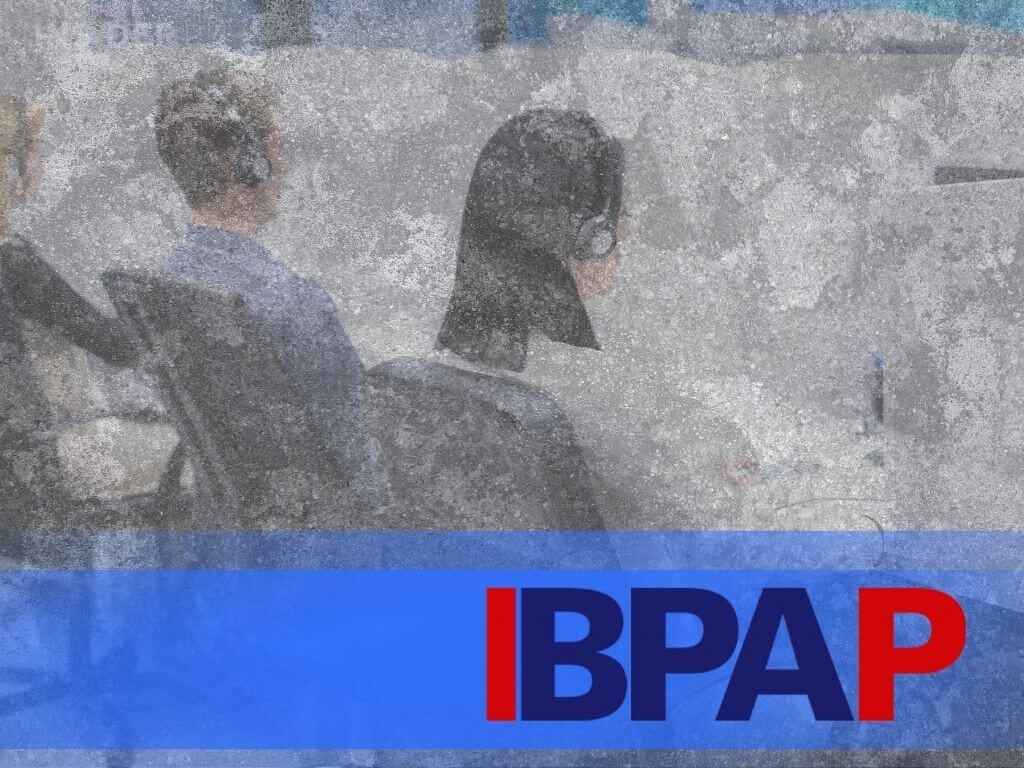

Industry warns fallout
The group called the premature naming of the firms “irresponsible” and “contrary to the principles of fairness and good faith expected of a government agency that works with both workers and employers to ensure safe and decent workplaces.”
It cautioned that such disclosures could have significant international repercussions by creating undue alarm among global clients, potentially undermining investor confidence, business continuity, and employment growth in the Philippines.
“BPO clients who entrust critical operations to the Philippines may begin to see the country as unreliable, inconsistent, and non-compliant in its regulatory practices,” IBPAP stressed.
“Such a perception erodes confidence, drives business to competing destinations, and jeopardizes the very jobs and revenues the Philippine IT-BPM industry has worked hard to secure,” it added.
The IBPAP also pointed out that the incident could make clients hesitant to expand operations outside Metro Manila, undermining countryside development efforts where such jobs are most needed and where DOLE itself seeks to create and protect livelihoods.
“The result is not just lost business opportunities, but a direct threat to the livelihoods and quality of life that 1.9 million BPO workers and their families have worked hard to build — and that the nation depends on,” it added.
Accountability under review
The Philippine IT-BPM industry employs 1.9 million Filipinos and contributes nearly $40 billion annually to the economy.
IBPAP is the primary industry association and advocacy group of the country’s IT-BPM sector.
With over 400 member companies and six partner- associations, IBPAP represents the collective interests of the IT-BPM sector.
Four of the six companies named in the report were members of IBPAP.
When asked by IBPAP to explain, all the firms denied allegations made by the BPO Industry Employees Network (BIEN) that employees were prevented from leaving the production area and were forced to return to their workstations following the magnitude 6.9 earthquake that struck Cebu on Sept. 30.
BIEN filed a complaint against 10 BPO companies in Cebu on Oct. 2, alleging that employees were required to report for work despite their pleas to prioritize their safety and families in the aftermath of the earthquake.
Three days later, the DOLE-7 on its Facebook page, announced that one BPO company was issued a work stoppage order until all unsafe conditions and unsafe acts exposing the workers to imminent danger had been addressed and/or other violations had been corrected.
Another BPO was issued a Notice of Conference to submit proof of corrections relative to the findings and deficiencies.
Issues of impartiality
IBPAP said they had been asking the DOLE office at the National Capital Region for the official list of companies involved along with the copies of the complaint filed by BIEN.
“Despite these repeated efforts, no documentation has been provided to date,” it said.
IBPAP, however, said it only learned about the incident through a statement made during a Senate hearing, which was later reported in an online news article.
The group also found it irregular that a BIEN representative was with DOLE personnel during an inspection done on a company that was supposedly included in the work stoppage order.
It also pointed out that inspection was done only in the evening after the Senate inquiry. The IBPAP did not say when.
“The fact that a BIEN representative accompanied DOLE during this inspection raises questions about impartiality, given BIEN’s highly biased stance against IT-BPM employers for alleged violations of employee safety standards,” said IBPAP.

Contributor